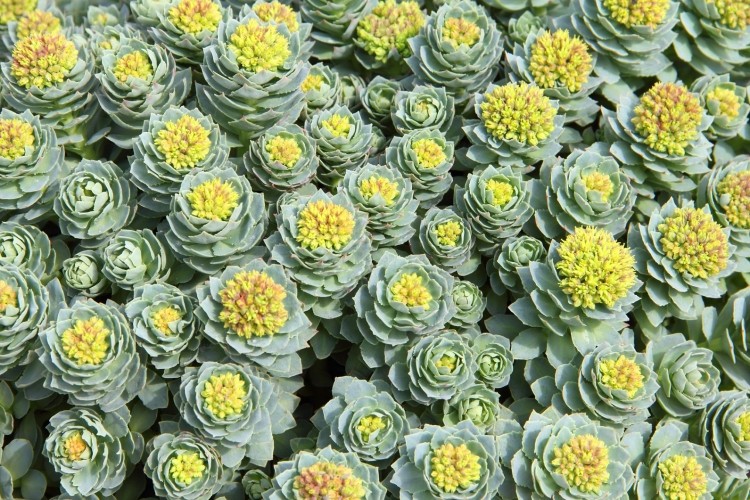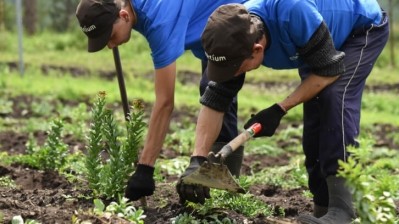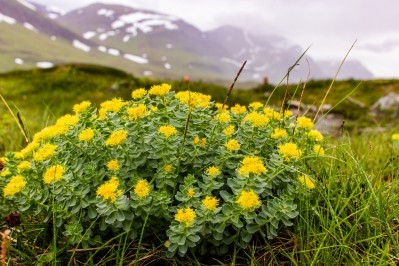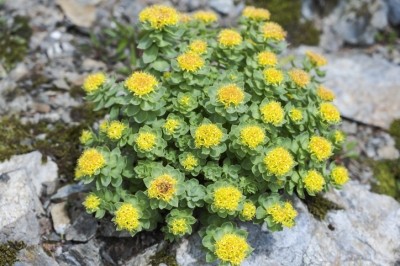Jiaherb’s Rhodiola rosea receives CITES certification

“Having our CITES certification ensures Jiaherb’s responsible sourcing and sustainability efforts of Rhodiola rosea and allows us to continue to deliver only the very best quality of the ingredient to our customers,” said Chris Oesterheld, Jiaherb’s Executive Vice President.
R. rosea is a perennial herb that mostly grows at high altitudes in arctic areas of Europe and Asia, with forms of the herb in trade including dry extracts in solid dosage forms such as capsules and tablets, liquid extracts, cut, dried rhizome and root, and powdered rhizome and root.
The traditional primary health uses of the herb include stress, mental and physical fatigue, depression, and to boost energy. Active constituents in the herb include a glucoside referred to as salidroside, plus a family of cinnamyl mono- and diglycosides referred to as rosavin.
In mid-November at a meeting in Panama City, Panama, all species of Rhodiola spp. were added to the CITES Appendix II. This listing will include annotation #2: “All parts and derivatives except: a) seeds and pollen; and b) finished products packaged and ready for retail trade.” This new listing is set to become effective in six months.
CITES protects and regulates plants in international trade so that the commercial demand in the marketplace does not threaten their survival in the wild, explained Jiaherb, which adopted Rhodiola rosea through the Adopt-an-Herb Program with the American Botanical Council (ABC) in 2017. CITES certification of Rhodiola rosea ensures the ingredient is sustainability traded as well as regulated with positive impacts on the population of its species.
The US Fish and Wildlife Service (the US CITES representative) notes that a CITES certificate authorizes the international movement of CITES specimens.
Jiaherb cultivates Rhodiola rosea to make the product more sustainable and only harvests roots that are more than five years old, noted the company.
“Our sustainability efforts and environmental and social responsibility continue to be top priority for our company. Adding CITES certification to our growing list of sustainability efforts including adopting rhodiola rosea with the American Botanical Council and supporting the Nature Conservancy have become part of the core strategy of our company,” said Scott Chen, President.














